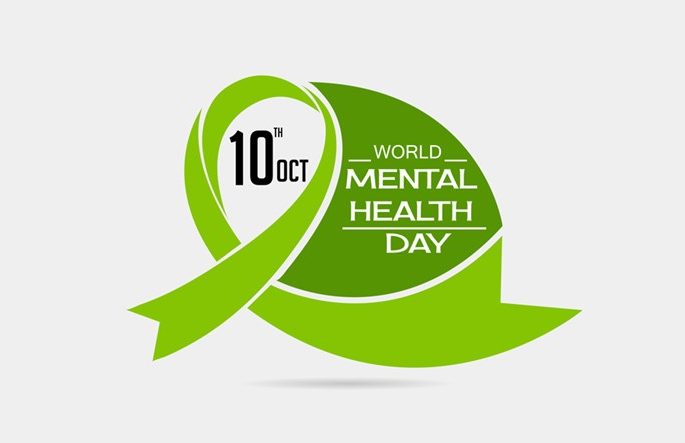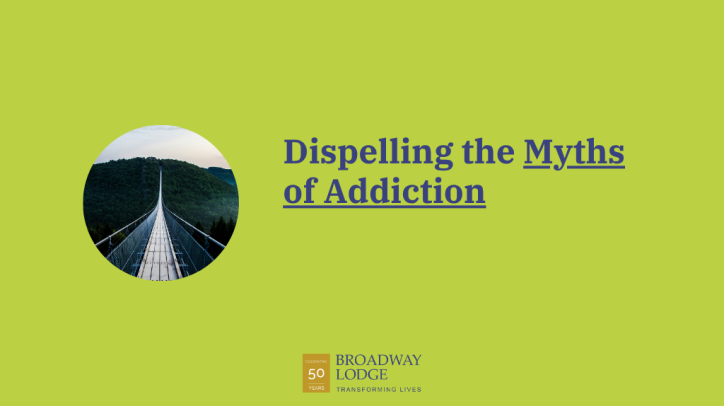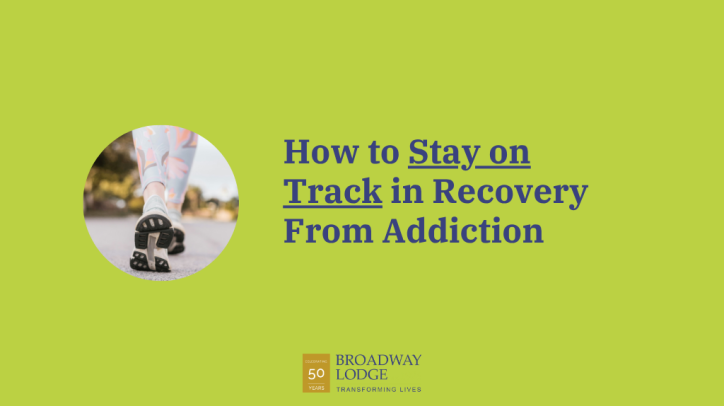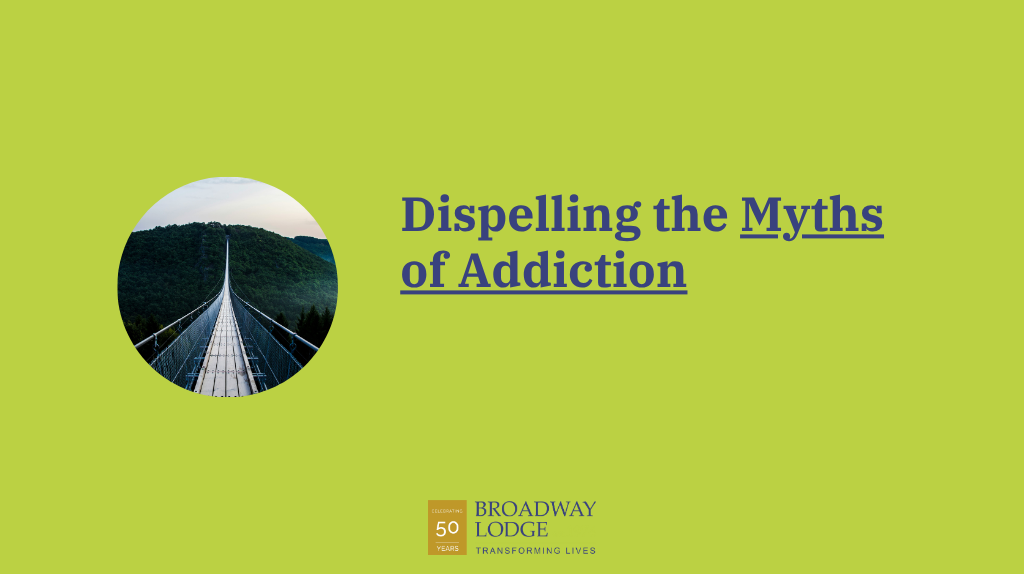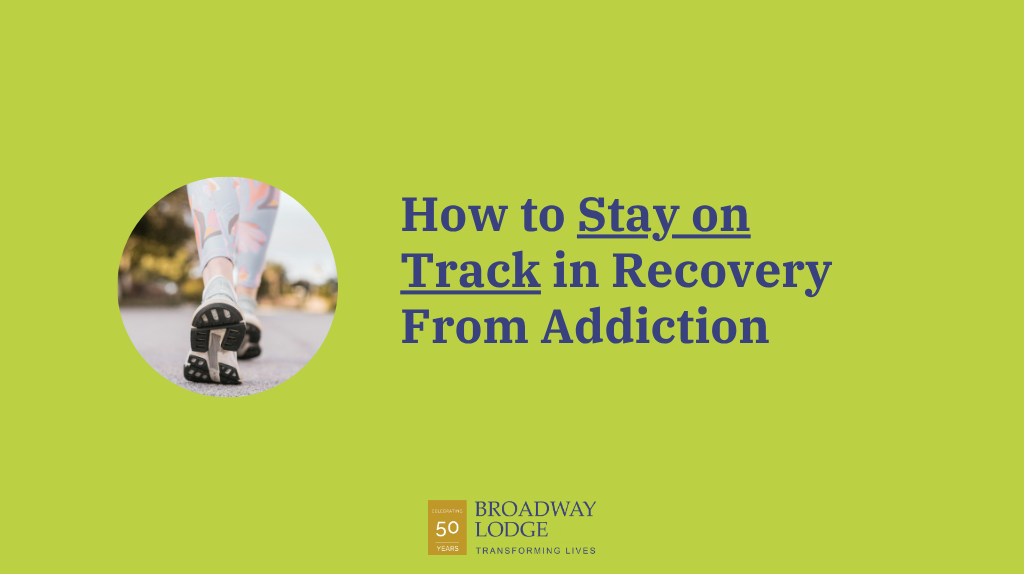World Mental Health Day 2017 takes place on 10 October. This year it focusses on mental health in the workplace. We all have a role to play in looking after our own mental health and also in creating a mentally healthy workplace for all. A negative working environment can lead to mental health problems, harmful use of alcohol or other substances, absenteeism and lower productivity.
This year World Mental Health Day aims to support better workplace mental health and to promote good practices in the workplace which decrease negative attitudes and discrimination towards individuals tackling mental health problems.
Why is it important?
We spend much of our adult lives at work yet the workplace is often a cause of stress and anxiety for many people. It may be difficult working relationships, long hours, stressful responsibilities or fear of losing your job. These can all impact on your mental health whether it be stress, depression or substance dependence.
- One estimate warns that as many as 85% of employees’ mental health conditions are undiagnosed or untreated.
- A 2017 report found that workplace mental health and wellbeing was at a tipping point. The poll revealed that “a staggering 95 per cent of people who have had to take time off due to workplace stress did not feel able to give their employer the real reason”. Sadly mental health still carries a stigma for some.
- Stressed-out employees may turn to alcohol or other addictive substances to get them through difficult periods at work. The government estimates that 17m working days are lost annually through absences caused by alcohol.
- Employers have responsibilities too. Apart from their important legal obligation to treat unwell workers fairly, a new report has revealed the huge cost of mental health for UK employers. Mental Health at Work found that employers lost almost £35 billion in 2016 due to sickness absence and reduced productivity at work
Wellbeing at work is increasingly recognised as an important factor in the workplace. Positive wellbeing means a worker’s cognitive abilities, attitude to work and overall work performance will be at high levels. Conversely, mental health issues can lead to increased sick leave, unexplained absences, lower performance and ultimately, threats to the stability of your employment.
How to counter mental health issues in the workplace
- Actively try to maintain a healthy work-life balance. Good work life balance can help ward off and mitigate against stress and mental health issues. It is tempting to work long hours to complete that project or please the boss but in the long run it may lead to exhaustion and stress. The positive impact of exercise and a healthy diet on mental health is widely recognised.
- Check your alcohol and intake. Problems at work can lead some people to think they need alcohol or other drugs to cope. The danger is that alcohol dependence can become a habit. People often think they have it under control but there is a strong risk that alcohol use can spiral into dependency making it even harder to cope. We understand that it is not always easy but it is best not to ignore problems.
- Reach out if you need help. If you feel things getting on top of you it is important early on to speak to your manager or a sympathetic person in the HR team in case a workplace health intervention would be helpful. If you recognise that your coping mechanisms include alcohol or other drug use then seek professional help before things get worse.
It may be you experiencing these problems but, if not, chances are you know someone who has struggled to cope with an often debilitating mental health condition. They might be a friend, co-worker, family member, even your significant other.
Broadway can help with providing early intervention and subsequent support for addiction to substances and other addictive behaviours. We have over 40 years’ experience detoxifying and providing treatment through the 12-step sobriety programmes for alcohol and other drug dependent individuals.
And, as an organisation concerned with mental health and mindful of how we support our staff, we have impressively low levels of absenteeism that are some of the best in the field of addiction treatment. With our own practice we model and exemplify what we deliver to our patients!

